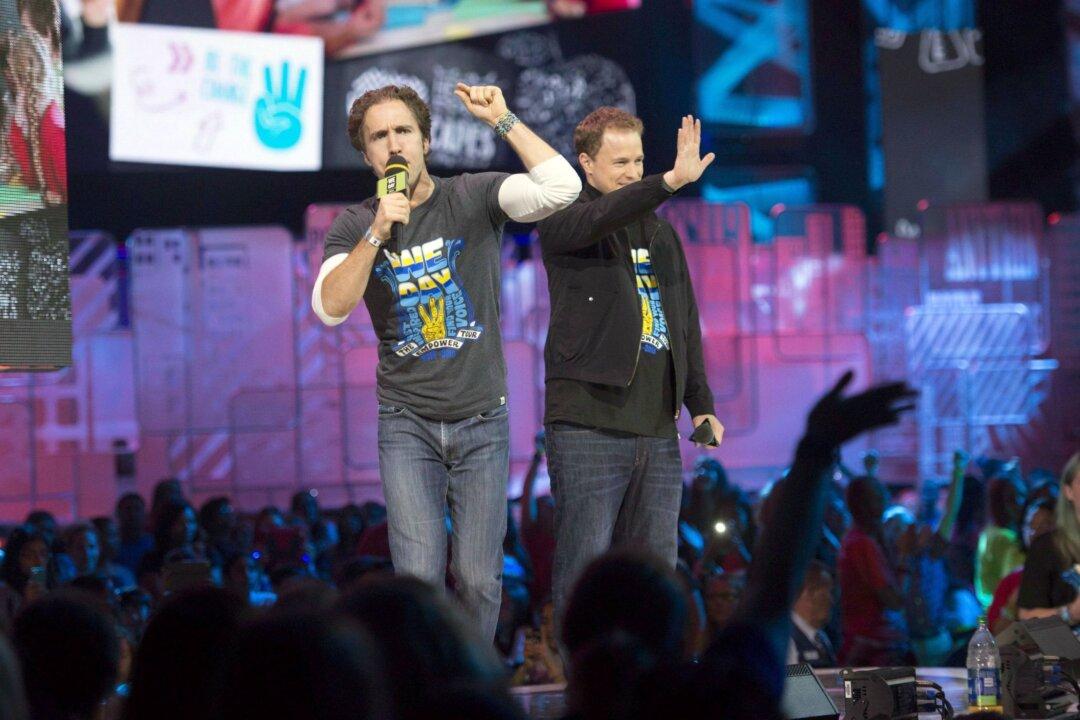Although the WE Charity scandal has the potential to threaten the reputation of charities in general, experts say that despite negative headlines about the affair, many resources exist for people to give confidently.
Charitable donations have been falling. One in five people filing taxes in Canada reported charitable donations in 2017. These donations, totalling $9.7 billion, amounted to only 0.54 percent of total Canadian income and represented part of a downward trend since 2006, when that figure was 0.78 percent, according to the Fraser Institute.





